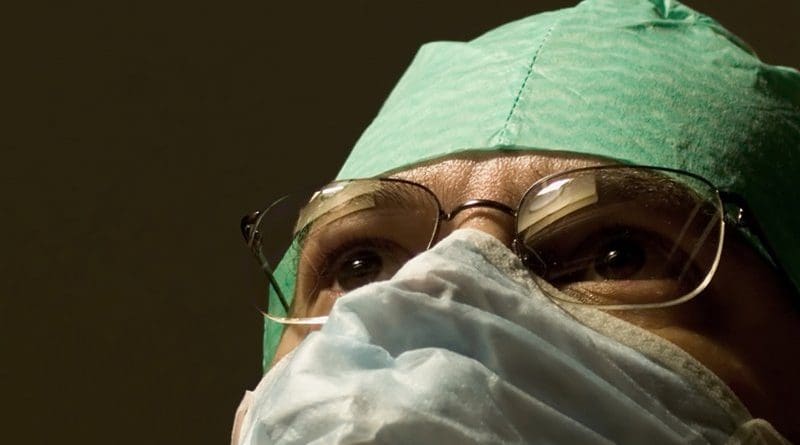Physician Burnout Costs US Health Care System Approximately $4.6 Billion A Year
Physician burnout is a substantial economic burden, costing the U.S. health care system approximately $4.6 billion a year. Investing in strategies to reduce burnout may have economic benefits. Findings are published in Annals of Internal Medicine.
Physician burnout is a significant issue that has the potential to dramatically increase the cost of care to both patients and the health care delivery system. It is associated with poorer overall quality of patient care, lower patient satisfaction, and malpractice lawsuits, all of which have an economic impact.
Despite the recent public interest the subject, only a few studies have attempted to quantify the economic magnitude of burnout in the form of easily understandable metrics. Without data, policymakers cannot holistically assess or address the issue.
A research team comprising members from the National University of Singapore, Stanford University, the Mayo Clinic, and the American Medical Association, developed a mathematical model using contemporary published research findings and industry reports to estimate burnout-associated costs related to physician turnover and reduced clinical hours at national and organizational levels.
They found that on a national scale, physician burnout accounted for approximately $4.6 billion, or about $7,600 per employed physician per year. According to the researchers, these findings suggest that there may be substantial economic value for policy and organizational expenditures directed at reducing physician burnout.
The author of an accompanying editorial from The Permanente Federation and Southern California Permanente Medical Group says this research is much-needed because practicing medicine is harder than ever. His organization is dedicated to tackling burnout through establishing a culture of health and wellness, addressing needed changes to the practice environment, delivering emotional and peer support, and providing education on wellness and self-care strategies.

